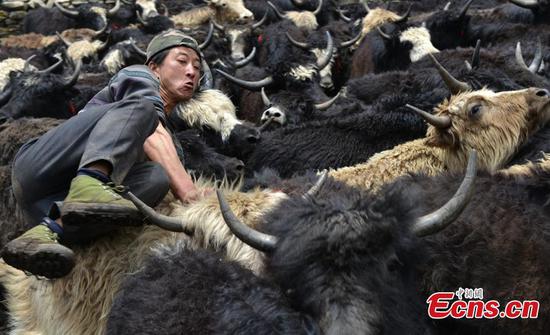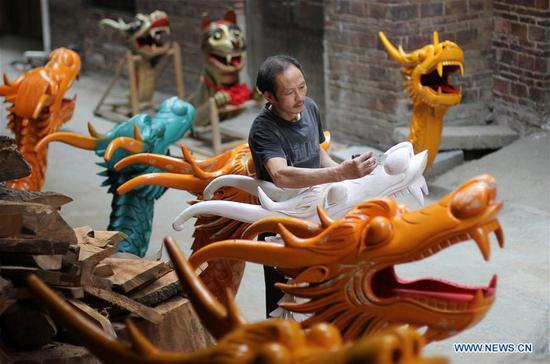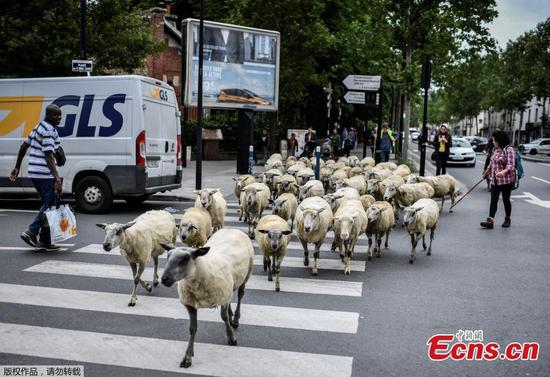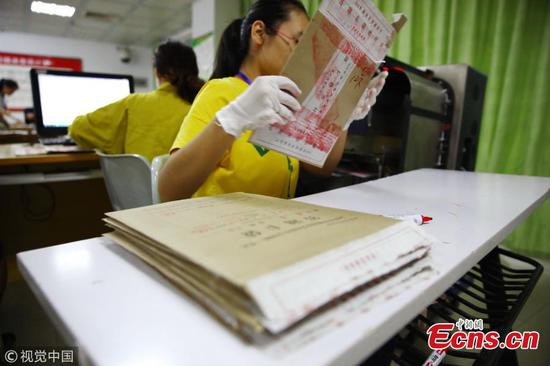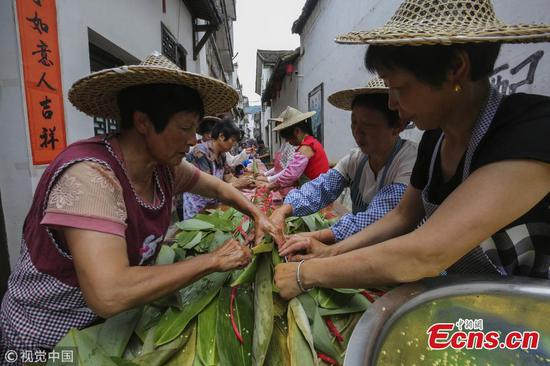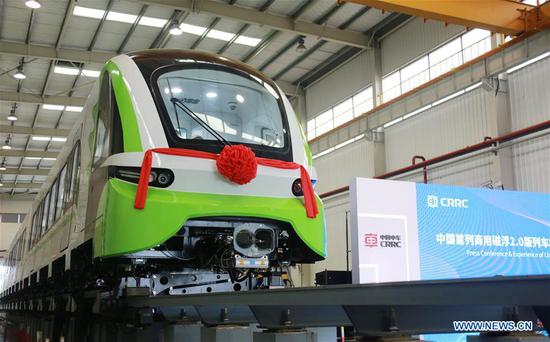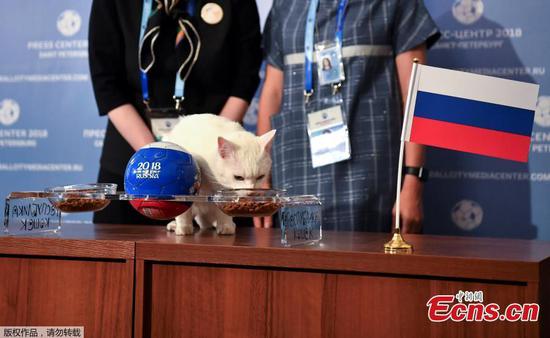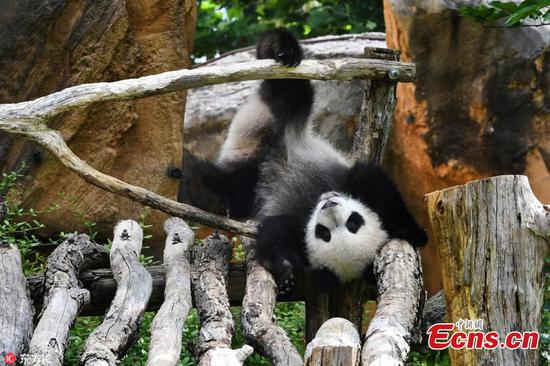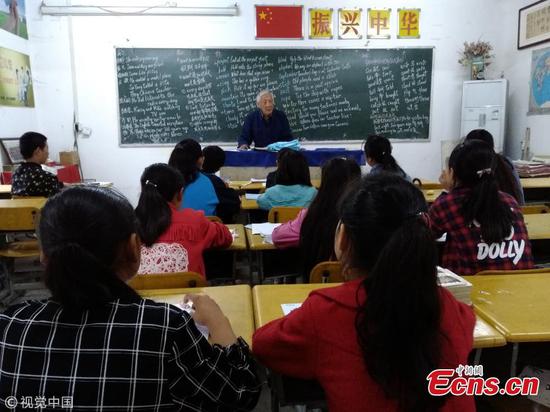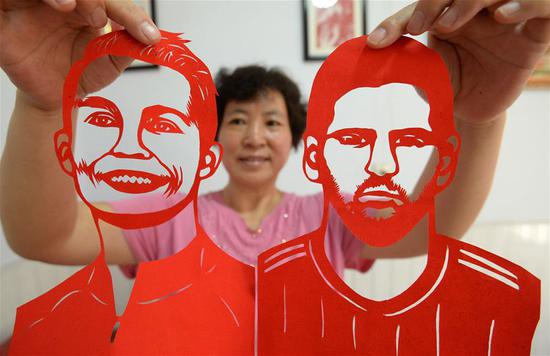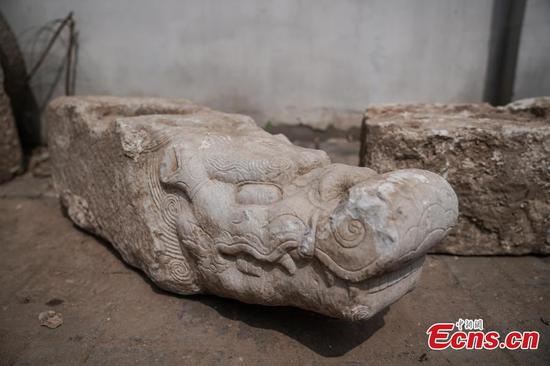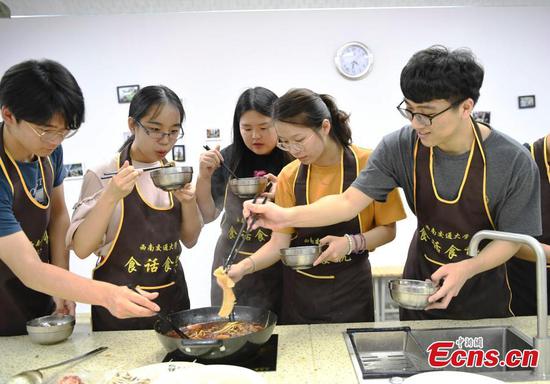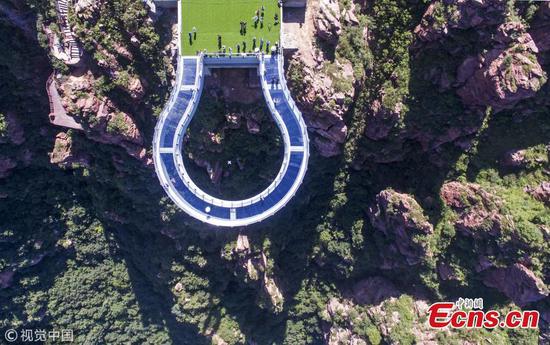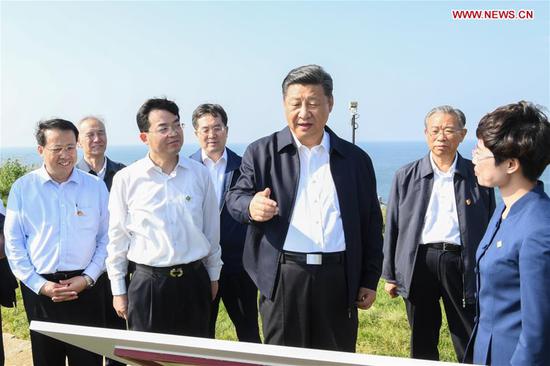China's central bank kept interest rates steady instead of following U.S. monetary tightening moves on Thursday, shifting greater focus onto maintaining domestic economic stability and facing downside risk.
The People's Bank of China belied market expectations of a 5-basis-point hike when the U.S. Federal Reserve announced a quarter-point increase of the funds policy rate. It chose not to change its seven-day open market operation reverse repo rate, the quasi-policy rate, at 2.55 percent.
In the meantime, the PBOC injected a net 70 billion yuan ($10.9 billion) into the inter-bank market through reverse repurchase operations to ease liquidity stress.
The U.S. central bank determined to raise the target range for the federal funds rate to 1.75 to 2 percent after the two-day Federal Open Market Committee meeting, based on a more optimistic view of the U.S. economy.
Its board members lifted projections of 2018 real GDP and inflation compared with March figures, and they forecast a lower unemployment rate. The assessment results may point to another two rate hikes in the second half, according to a document released on the Fed's website.
"It is a sign that the domestic economic situation has surpassed external factors to determine the Chinese central bank's policy stance," said Peng Xingyun, director of the monetary policy department at the Financial Research Institute, Chinese Academy of Social Sciences.
The Chinese central bank responded quickly in December and March, after the Fed's rate hikes, by lifting the one-year medium-term lending facility interest rate 5 basis points each time, when maintaining a stable exchange rate for the yuan was the PBOC's priority, according to Peng.
The PBOC is justified in not following the Fed this time, given unexpected slumps of major economic indicators in May from April, including industrial production, investment and retail sales growth rates released by the National Bureau of Statistic on Thursday, said Lu Ting, chief economist in China with Nomura Securities.
The surprising economic downside risk was fueled mainly by the rapidly shrinking supply of credit through the shadow banking business, Lu said. "The Chinese leadership has been tasked with the mission of delivering stable growth while defusing the debt problem." This dilemma has pushed policymakers to opt to soften the stance on deleveraging, he said.
Chinese stock prices slipped on Thursday as the benchmark Shanghai Composite Index dropped 0.18 percent. Both the onshore and offshore traded yuan has weakened against the U.S. dollar, even though the U.S. dollar index was down.
Louis Kuijs, head of Asian Economics at think tank Oxford Economics, said that headwinds such as the increased trade friction with the U.S. have led Chinese policymakers to moderate the tightening of the macroeconomic policy stance.
But he said he didn't expect policymakers to make drastic changes in the policy stance and back away from reining in credit growth and financial risks.













